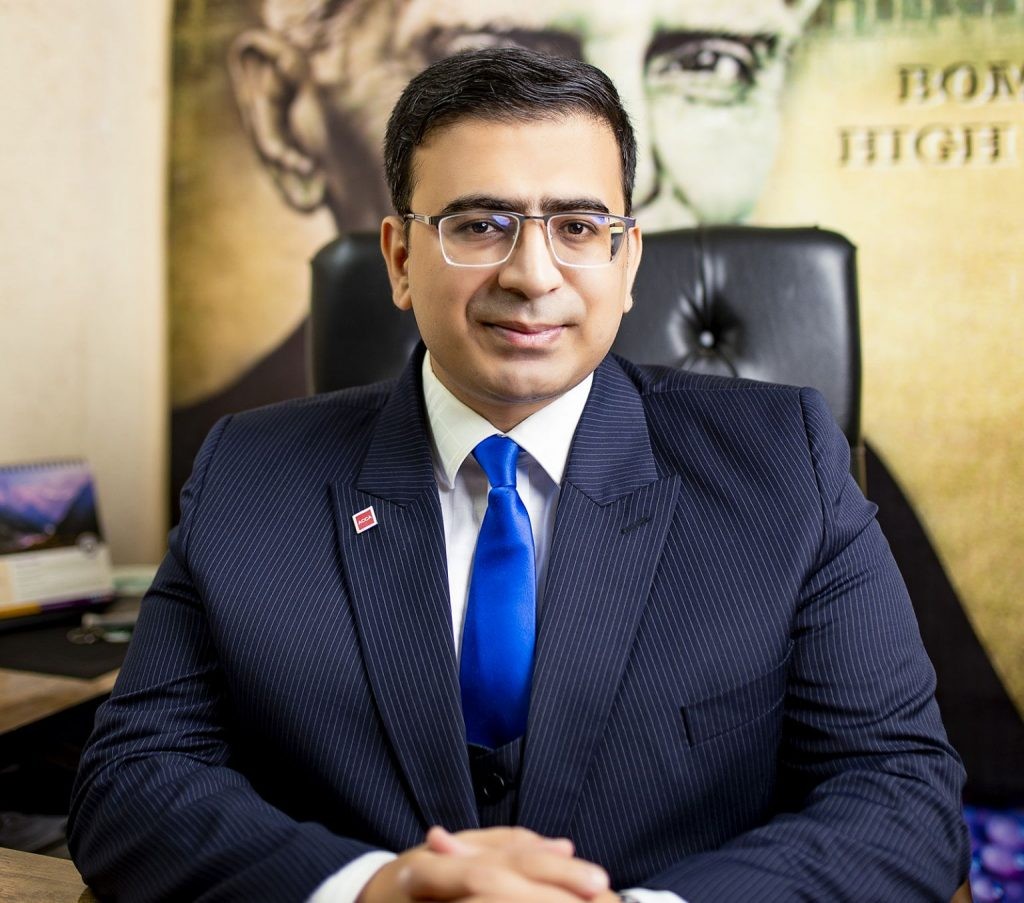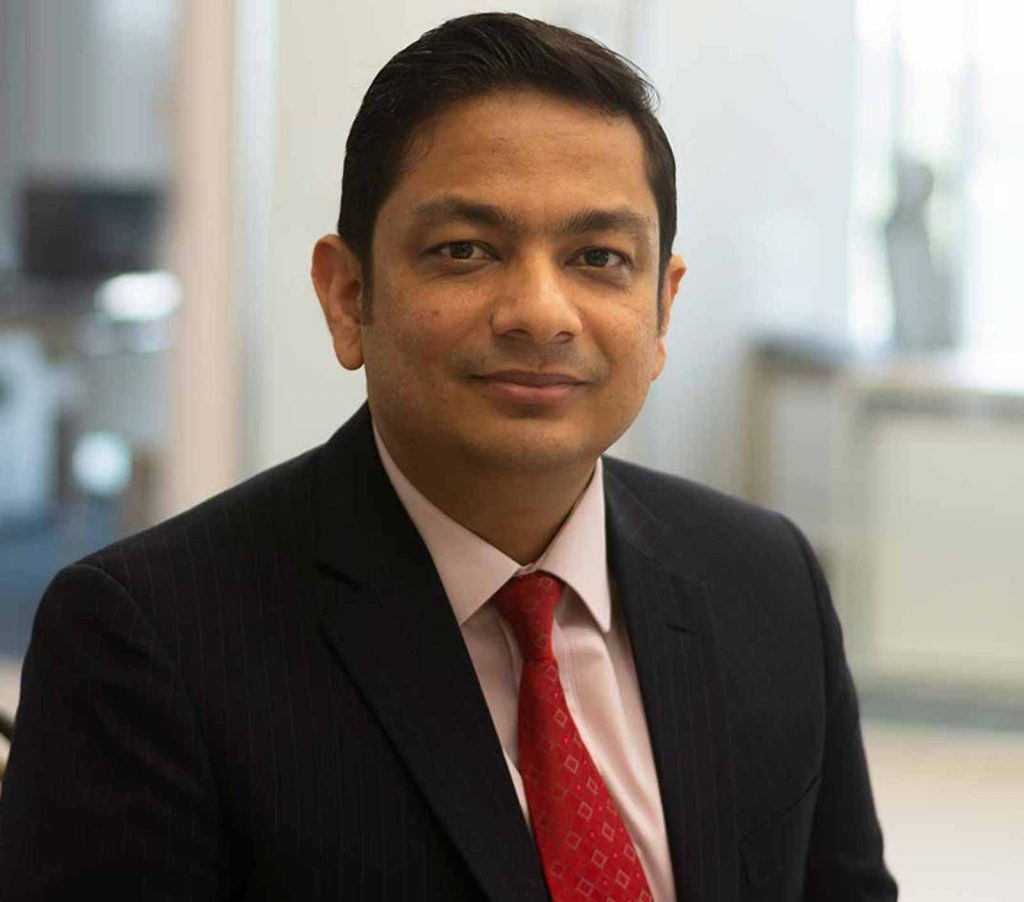
Pakistan is undergoing a digital revolution that is gaining momentum throughout the professional services sector. And, in an economy of more than 225 million people where almost two-thirds of the population are under 30, small and medium practices (SMPs) need to embrace emerging technology as well as attract the talent they need to give their businesses an edge.
‘We are the go-to outsourcer for many general practices that are looking to grow with less hassle'
Hunger to transform
Zohaib Hassan Raza FCCA returned to Pakistan following a work placement in the Middle East with a hunger to play a part in the country’s digital transformation. After spending seven years at PwC Dubai, in 2012 he launched start-up Fin-eX Outsourcing, an accounting outsourcing business that uses technology to provide more efficient services to accountancy firms around the world.
‘Our local firms are technically very sound in accounting and audit, but how they market and communicate their products is not as smooth or as sophisticated as we see in other markets, including our neighbours in India and the Philippines,’ he says.
Fin-eX, which began life with just two staff, has grown to more than 55 and has offices in Pakistan, the US and the UK. While its clients include a number of global top-20 accountancy firms, supporting SMPs is, says Raza, a priority.
‘We offer outsourcing solutions to various accounting firms, accountants in practice and businesses,’ says Raza, who began his career as an intern at PwC Pakistan. ‘We are the go-to outsourcer for many general practices that are looking to grow with less hassle.’
‘Digital centricity is at the core of our ethos. Everything is paperless, with no run-of-the-mill solutions'
Like-minded people
For Aurangzaib Chawla FCCA, managing partner and tax director at Lanop Accountants – an ACCA Approved Employer headquartered in the UK – the wealth of tech-savvy talent available in the country was evident when he returned to his home country for an extended visit in 2017.
‘I met several like-minded people from the accountancy and advisory world who showed me the other side of Pakistan: the highly talented, hard-working and digital-centric youth,’ he recalls, adding that he was inspired to set up Lanop’s Pakistan office.
Chawla’s decision to return to Pakistan during the Covid-19 pandemic gave him the chance to deepen his understanding of the digital opportunities on offer locally.
Potential to grow
‘Up until 2020, I had not worked in Pakistan’s market and only used my office there to service my international clientele, but moving back allowed me to have the experience of working with Pakistani businesses,’ he says. ‘I found them to have the potential to grow, but first they had to invest in the latest technology.’
With the pandemic pushing the need for online services to the fore, Lanop established a one-stop shop digital consultancy, enabling SMEs to digitise the entire accounting and finance process onto a single platform covering everything from cloud-based accounting software to virtual finance directors.
‘Digital centricity is at the core of our ethos,’ Chawla says. ‘This means that everything is paperless, with no run-of-the-mill solutions, linking a firm with first-world techniques and ideas, and training our youth to bring out the best in themselves.’
‘We need to create consultants who can offer solutions to clients rather than be tool operators'
Broadening scope
Raza believes that digital transformation is beginning to be accepted among Pakistan’s smaller accounting firms, which are steadily improving their offerings, services and customer support through their use of new technologies such as the cloud, artificial intelligence (AI) and machine learning. By tapping into these technologies, practices can compete against much larger firms and offer services at lower cost and with less bureaucracy.
‘The biggest obstacle in digitalisation is our resistance to change,' says Raza. 'It will be much smoother and beneficial for us to adapt and improve our processes for a growing future.’
Tax shift
Chawla points out that the rapid growth of accountancy software platforms such as Xero is hastening the need for the country’s SMPs to get on board and modernise. ‘In general, the taxation and accounting services in Pakistan are evolving and reaching more people, especially in the context of increasing the tax base and the gradual shift from an undocumented to a documented economy,’
‘We need to create consultants who can offer solutions to clients rather than be tool operators who simply know how to input numbers into software,’ he adds. ‘This is essentially where the world is headed and where Pakistan is headed as well.’
With AI, machine learning, blockchain and cloud computing likely to dominate services in a matter of years, the sooner Pakistan’s businesses equip themselves with digital skills, the better.
‘Accounting professionals need to realise that they have to adapt to this digitisation trend and not resist it,’ says Chawla, noting that the first step is to understand your practice’s requirements. ‘Do you need to go fully paperless or would a hybrid system work, or do you need to go paperless gradually in the next five years? These are all business decisions that an entrepreneur must take. I took these decisions five years ago and I am still learning new things today.’
Transformation talent
Ultimately, though, digital transformation depends on talent.
‘Digitisation is only as good as the people behind it,’ Chawla says. ‘We need to invest and retain great minds, and leverage their potential to the fullest.’
For those accounting professionals looking to accelerate their careers in Pakistan, the ideal launchpad is, says Raza, to join an SMP, which will offer a broader digital learning experience than a larger firm. There are, he says, ‘many more opportunities to learn compared to the Big Four or top-10 firms. It is not enough to have knowledge of accounting, auditing or consultancy; you have to be computer literate as well.’
More information
Visit Practice connect, ACCA's new hub for small and medium practices


